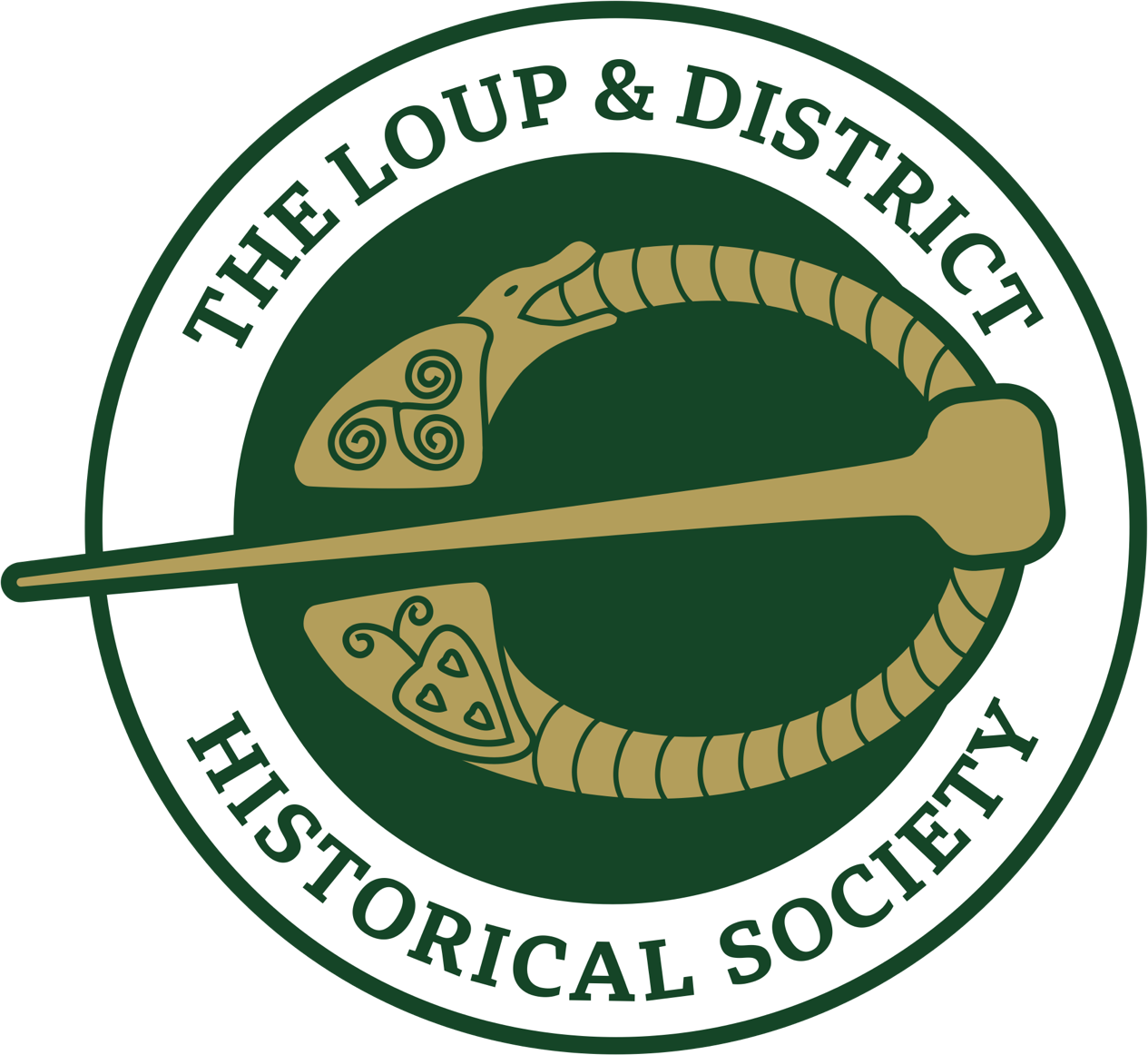Some of the early providers of goods and services to the workhouses were listed in the section about the opening of the building in 1842. Throughout the 19th century and into the early 1920s, the workhouse played a major role in the local economy enabling businesses and merchants to sell their wares to the guardians.
Much of the business of the board of guardians was taken up with discussing tenders for these services and advertisements were regularly placed in local newspapers for such. Tenders were often required to submit samples of their goods, be it milk or bread, which were considered for quality by the guardians. Tenders also regularly required for the provision of coal and occasionally turf. In 1896, for example, this included ‘Soap- best brown’; Black soap; candles; composite candles; tea from Ceylon to be delivered in original chests; sugar and salt. In order to give suppliers an indication of how lucrative a contract it was the guardians noted that there was a yearly consumption of tea in the workhouse of between 400-500 lbs. Other items for which tenders were sought included snuff, tobacco, matches, deal planks and firelighters. Coffins, per foot, with slip (with the specifications to be examined at the workhouse) were also looked for while requirements for alcohol were specific- Whiskey per gallon, porter (Guinness XX) and Inghams Marsella Wine.
Consumption in the workhouse obviously changed over time for an 1860 discussion on the provisions needed for the workhouse only included tea, sugar, bread, beef, coarse beef, new milk, buttermilk and butter. This aspect of workhouse life is recorded in the minute books of the Board of Guardians and serves as a remarkable source of local history in terms of the business and commercial life of Magherafelt during this time.



